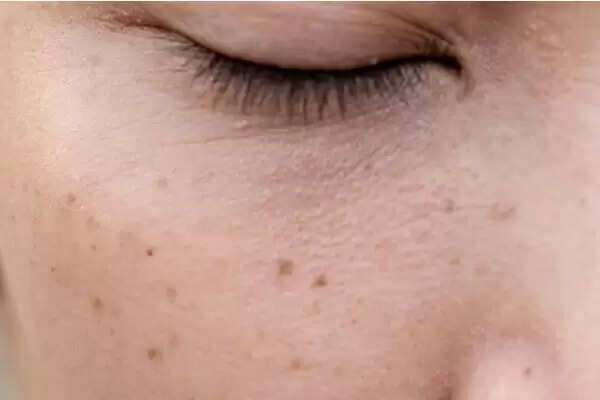Empowering Your Skin: Embracing and Enhancing Your Natural Melanin Levels

Melanin is the pigment that gives your skin, hair, and eyes their color (1). Additionally, according to the American Cancer Society, melanin protects the skin from UV damage and skin cancer (2). Thus, this is precisely the reason why many people want to boost their melanin levels and give their skin much-needed protection from the sun. But, do you know how to increase melanin and protect your skin naturally? Is that even possible? Do not worry. In this article, we have answered all your questions related to melanin. Keep reading!

Why is melanin important to your skin?
Melanin-producing cells (melanocytes) are present in the basal layer of the skin. Structural proteins of melanosomes (organelles where melanin is produced and stored), enzymes that aid in melanin synthesis, and proteins that aid in transport and distribution of melanosomes contribute to melanin production (3). Genetic influences, hormonal changes, age, inflammation and UV exposure also affect melanin production (4).
How to increase melanin in skin naturally?

Vitamin D
Low levels of vitamin D cause vitiligo, a skin condition caused by low production of melanin (7). Therefore, it is important to eat foods rich in vitamin D. To include vitamin D in your diet, eat whole eggs (no more than 5 a week), sardines, mackerel, red meat, organ meats and vitamin D-fortified milk, cereals. , or interest. However, daily sun exposure for 10 minutes before 8 am is also recommended. The sun's UV-B rays convert inactive vitamin D3 into active vitamin D3, which increases melanin production (8).
Vitamin E
Vitamin E, an antioxidant, helps improve skin pigmentation without UV exposure (9). Naturally, eating foods rich in vitamin E or taking vitamin E supplements can help to a great extent. Consume avocados, sunflower seeds, pumpkin seeds, flax seeds, almonds, peanuts, peanut butter, olive oil and avocado oil.
Vitamin B12
Vitamin B12 is an essential nutrient that helps keep cells, DNA, and nerves healthy (10). To increase vitamin B12, consume fish, red meat, milk, eggs, liver and other foods fortified with vitamin B12. You can also take vitamin B12 supplements after talking to your doctor.
Vitamin C
A study with vitamin C supplementation found a significant increase in melanin production (9). Vitamin C is a powerful antioxidant found in most citrus fruits and some vegetables. Consume oranges, sweet limes, tangerines, limes, lemons, grapefruit, berries, kiwi, guava, papaya, broccoli, kale and tomatoes to protect your skin and naturally induce melanin production.
folate
Folate or folic acid (vitamin B9) is essential for good reproductive health. People with low melanin may have low folate levels. Folate also protects the skin from UV-A radiation and skin cancer (11). Increase your folate intake by consuming leafy green vegetables, broccoli, liver, kidney beans, garbanzo beans and foods fortified with folic acid.
